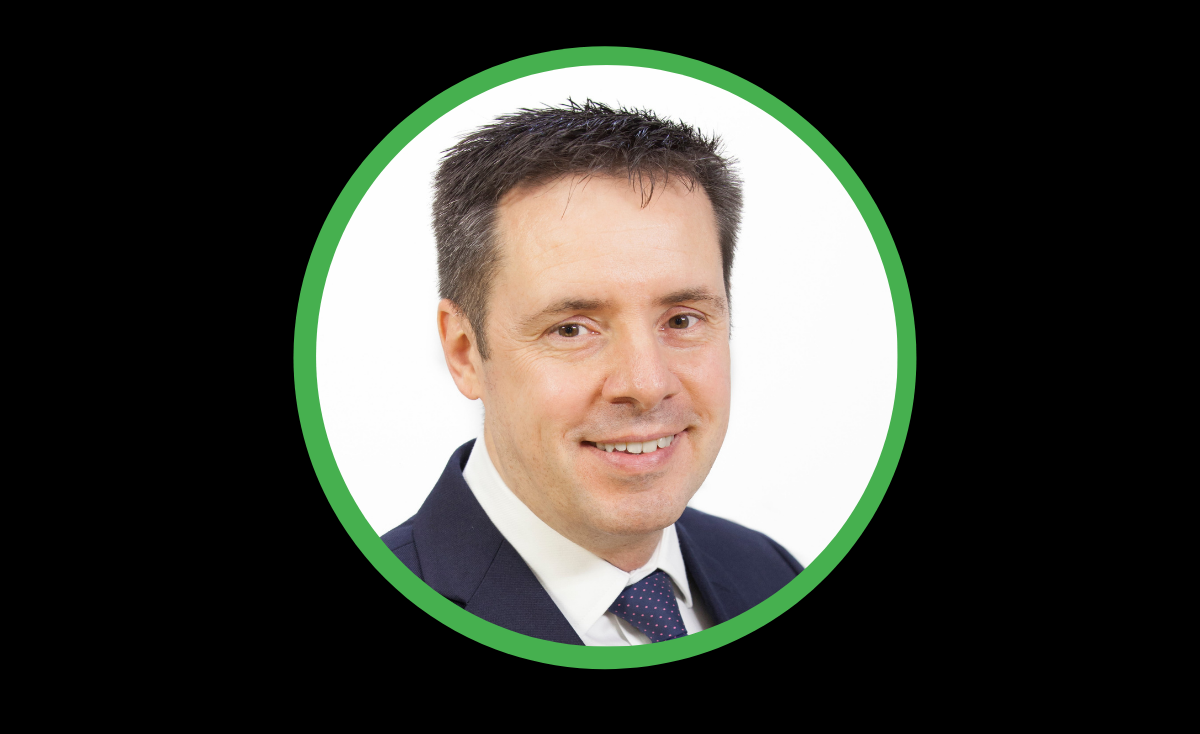
This is part three in a series. To read part two, which explores how fund operators can minimise disruption by streamlining operations – click here.
- Evan Fire, Chief Operating Officer, Pzena Investment Management
- Khadeeja Bassier, Global Chief Operating Officer, NinetyOne
- Ross LeBlanc, Product Manager for Innovation, SimCorp
Sara: When you are delivering your long-term business continuity plans, what does the future of in-house innovation look like? Particularly when you consider market volatility like we have seen recently?
Evan Fire: Without taking into account the technology and data components of modernization, you cannot hope to build a resilient operating model.
For example, if a firm thought about extending its trading capabilities to mainland China, the question we would have here in New York is whether we would want to have someone working on that time difference.
“Without taking into account the technology and data components of modernization, you cannot hope to build a resilient operating model.”
A lone contractor that we hire who works independently somewhere in that part of the world or is there an outsource provider who perhaps is already in that ecosystem that could take this middle office function?
This is the mindset that we try to adopt when we look at building a future, making it resilient and ensuring continuity. You have to take into consideration all of these factors and think about specific examples, to find the right solution.
Khadeeja Bassier: From a talent perspective, when we think about the future of in-house innovation, it concerns what you are recruiting within your organisation.
These days, there is more fluidity in terms of the sort of candidate you are recruiting for.
Ultimately, because firms have technology, automation and various tools to meet modern challenges, the jobs available today are also very different.
“These days, there is more fluidity in terms of the sort of candidate you are recruiting for.”
Therefore, what you need is someone who is problem solving and has that mindset to continuously meet an evolving landscape.
For every challenge, you must have the right people in house to make sure that you build a sustainable business longer term. You have to partner with the right people, and ultimately this is going to give you that differentiated edge, in terms of creating alpha.
Ross LeBlanc: SimCorp has clients who have built and plan to build in house. It can work, a lot of the times when we talk to them however, it has not worked.
This leads people to look at the fintech options, but they are growing at a rapid pace, with 26,000 fintech start-ups in the market as of 2021, and this becomes overwhelming.
“It does depend on the situation and the requirements of each individual client”
We act as a curator for this, by looking at the best options in the market and manage the integration points through API set-up and maintenance. This allows clients to pick and choose what is best for them.
There isn’t one ‘best’ solution out there, every firm works slightly differently so it does depend on the situation and the requirements of each individual client.
Sara: What is the one thing that firms should be prioritizing to overcome digital challenges and the volatility that we have been talking about?
Ross: People, processes, tech, data and focusing on the operating model. Getting the data house in order is vital, as the pace of change is accelerating every year. Having a core foundation and a core operating platform that is open enough to operate with fintechs in the market; which includes service elements like business processing as a service.
Khadeeja: Having a keen sense of prioritization should be a focus.
“Other industries offer things much quicker than we do and we are going to have to do the same if we want to thrive.”
Ross spoke around consolidation, and this is a challenge that we all want to get right. We don’t have to change every process in the business overnight, but we must understand how to adapt to rapidly changing environments.
Other industries offer things much quicker than we do and we are going to have to do the same if we want to thrive.
Evan: I would say, upscaling the talent that you already have. We have a lot of really talented people in this industry, but they need to learn how to use the new technologies that are available in order to effectively work in this modern environment.
This is part three in a series. To read part two, which explores how fund operators can minimise disruption by streamlining operations – click here.
Please Sign In or Register to leave a Comment.
SUBSCRIBE
Get the recent popular stories straight into your inbox




